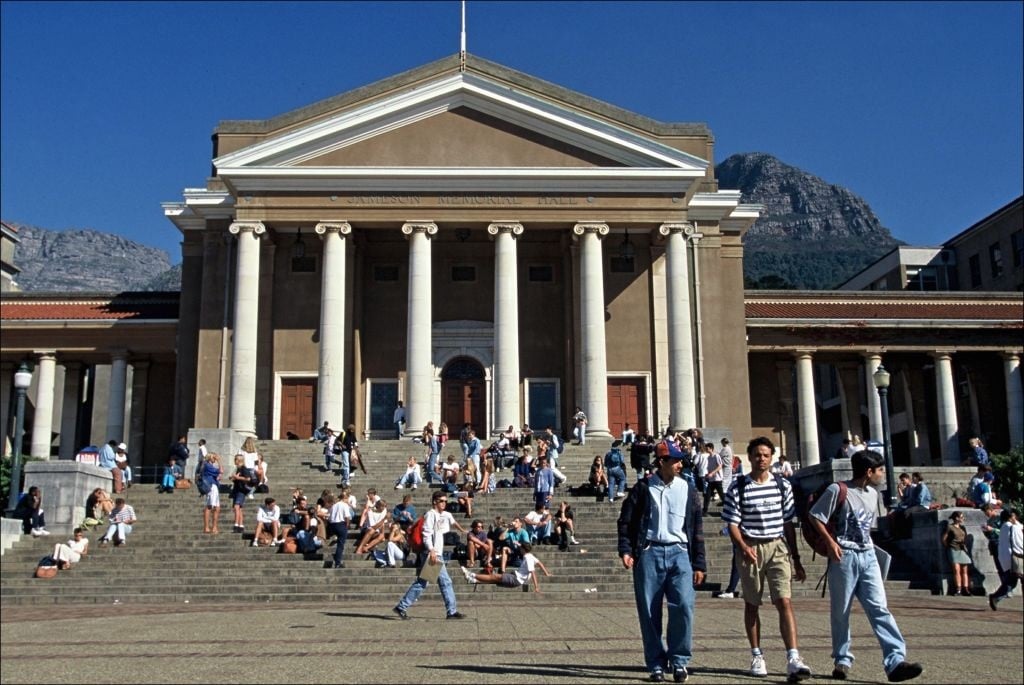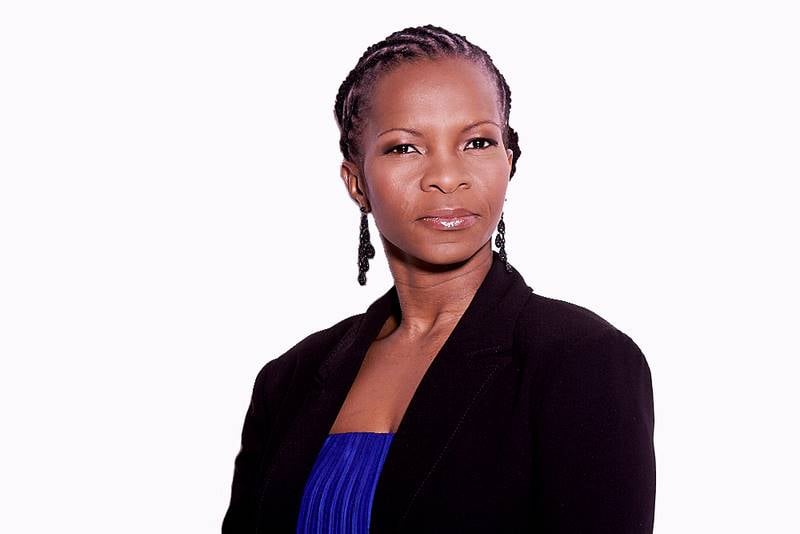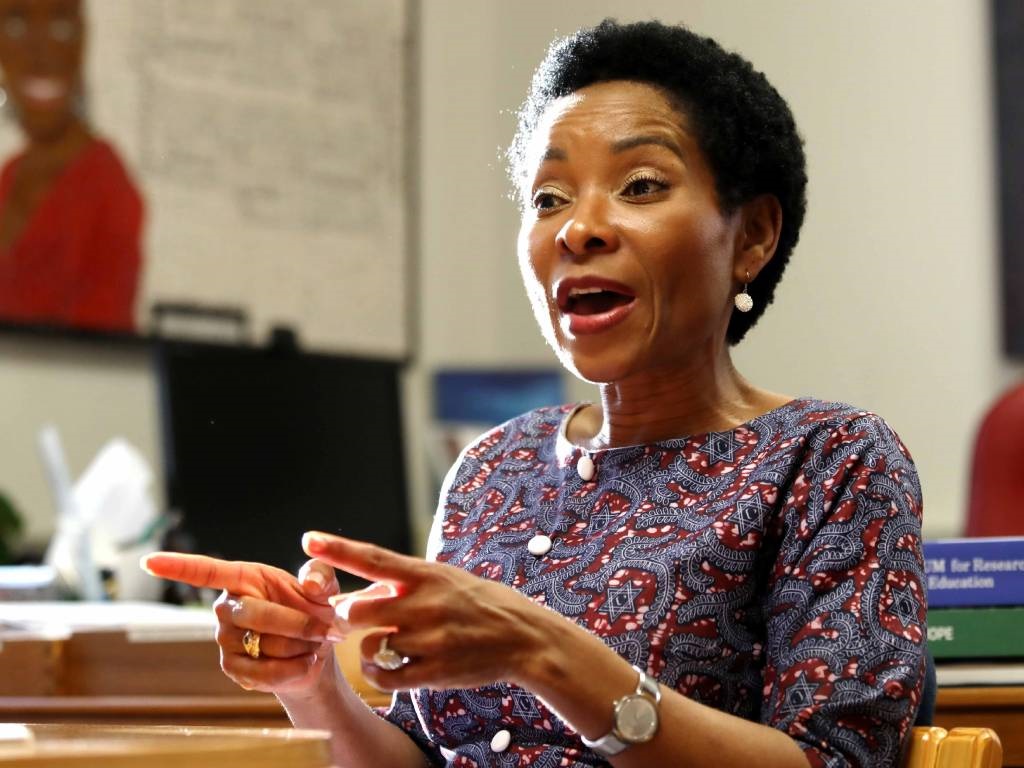
- Another dramatic meeting of the UCT council failed to appoint an independent panel to investigate leadership.
- Deputy council chair Pheladi Gwangwa withdrew after a legal opinion found she was conflicted.
- The meeting was tense with council members telling each other to "shut up".
The University of Cape Town's council has yet again failed to appoint an independent panel, led by a retired judge, to investigate allegations of misconduct against the vice-chancellor, Professor Mamokgethi Phakeng, and council chair Babalwa Ngonyama.
A special council sitting was on the verge of collapsing late on Monday night after differing factions disagreed fundamentally about the way forward. Tension reached boiling point when political science lecturer Lwazi Lushaba told fellow council member Shuaib Manjra to "shut up".
The meeting got off to a rocky start when deputy council chairperson, Pheladi Gwangwa, objected to a legal opinion commissioned by UCT that found she was conflicted in continuing to act as chair of council in Ngonyama's absence.
Ngonyama excused herself from the meeting, while Phakeng attended, but did not speak.
News24 understands the meeting was marred with delays and mudslinging by council member that resulted in Gwangwa "withdrawing in protest" as she unsuccessfully tried to prevent the meeting from proceeding. Gwangwa was expected to face a motion of no confidence at the special council sitting.
Council member Tshidi Mokgabudi took over as chair, after which two more board members, Zama Khanyile and Kholiwe Makhohliso, resigned.
UCT had sought a legal opinion from advocate Michelle O'Sullivan about Gwangwa's continued involvement in the matter concerning Phakeng and Ngonyama. The two are accused of misleading the senate and council about the true reasons for the early exit of deputy vice-chancellor for teaching and learning, Lis Lange.
O'Sullivan found that Phakeng and Ngonyama should not have participated in a council meeting on 6 October, when council voted on a motion to institute an independent investigation into their alleged transgressions. She further found that Gwangwa erred in the way she chaired the meeting, allowing Ngonyama to participate in a matter involving her own governance decisions.
O'Sullivan found that Gwangwa should recuse herself from dealing any further with the item given a possible conflict of interest.
In a last ditch effort, Gwangwa, through her lawyers from Maluleke Seriti Makume Matlala, accused UCT of "weaponising" O'Sullivan's legal opinion "in a manner to ensure the unlawful unseating of our client [Gwangwa]".
Her lawyers argued that a motion of no confidence against Gwangwa would be unlawful.
"Should council proceed with the meeting and unlawfully remove our client - we will have no option but to bring an urgent court application to ensure that no irreparable harm falls on our client, and to restore the rule of law," the letter said.
It also stated that the selection of the independent panel led by a retired judge to investigate whether the Ngonyama and Phakeng may have misled the university must be deferred to Minister of Higher Education Blade Nzimande for implementation.
"The environment in council has become so toxic ... our client believes that there is no objectivity left," it said.
After she withdrew in protest, the council could not agree on a motion of no confidence in Gwangwa and voted to proceed with determining the terms of reference of the independent probe, to select a retired judge and the panel of experts who would support her or him.
Extensive debate about the draft term of reference before council ensued, with Lushaba taking a leading role in rubbishing attempts to have the terms passed. Supporters of the independent probe accused him of "filibustering" (a political tactic to prevent decisions from being taken).
After accusing Lushaba of disrespecting the decisions of the acting chair, Mokgabudi, the political scientist lecturer told Manjra to "shut up".
Just before 22:00, Mokgabudi excused herself from the meeting after she failed to postpone deliberations to a future date. A smaller council voted to continue discussions late into the night.




